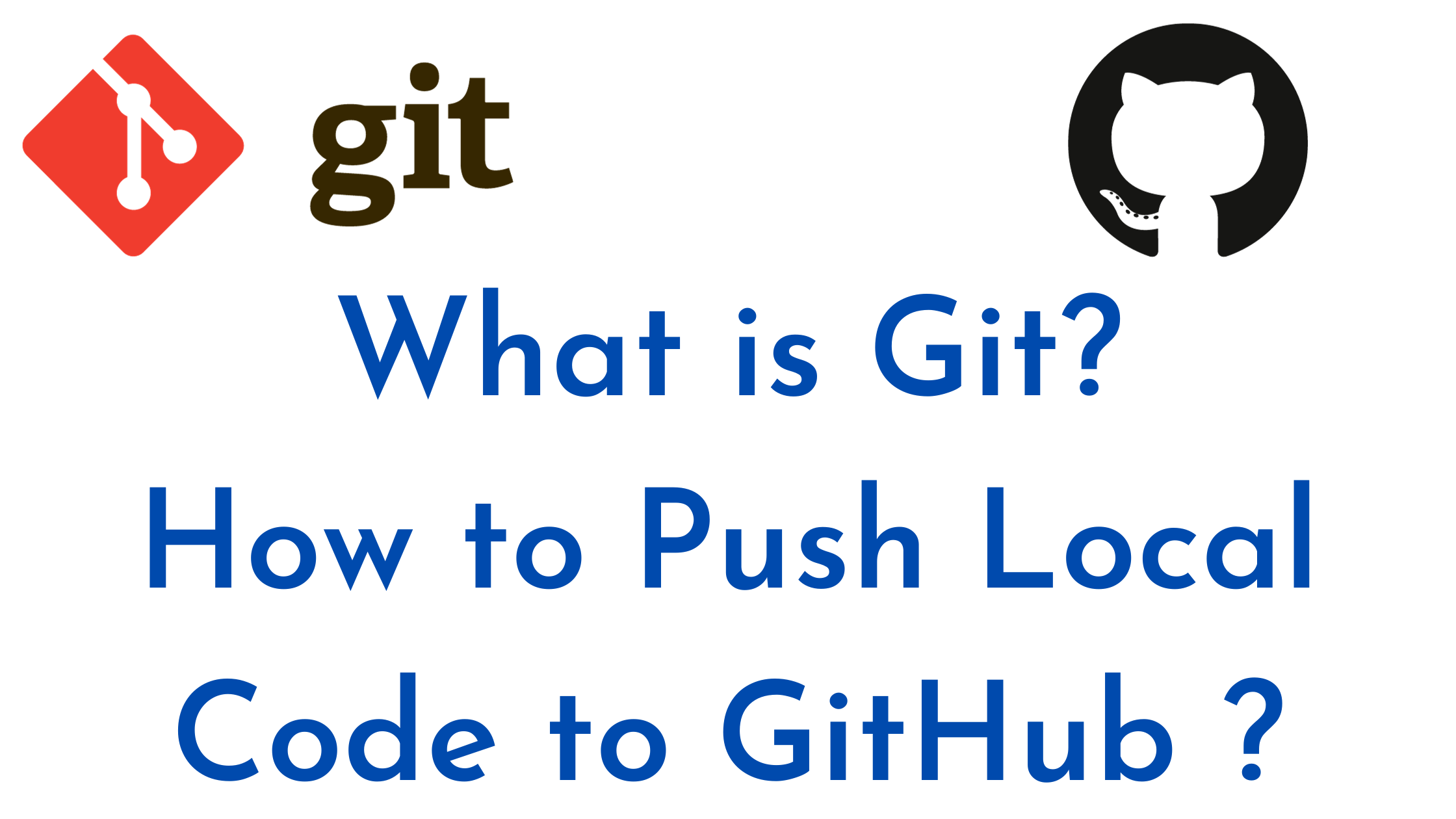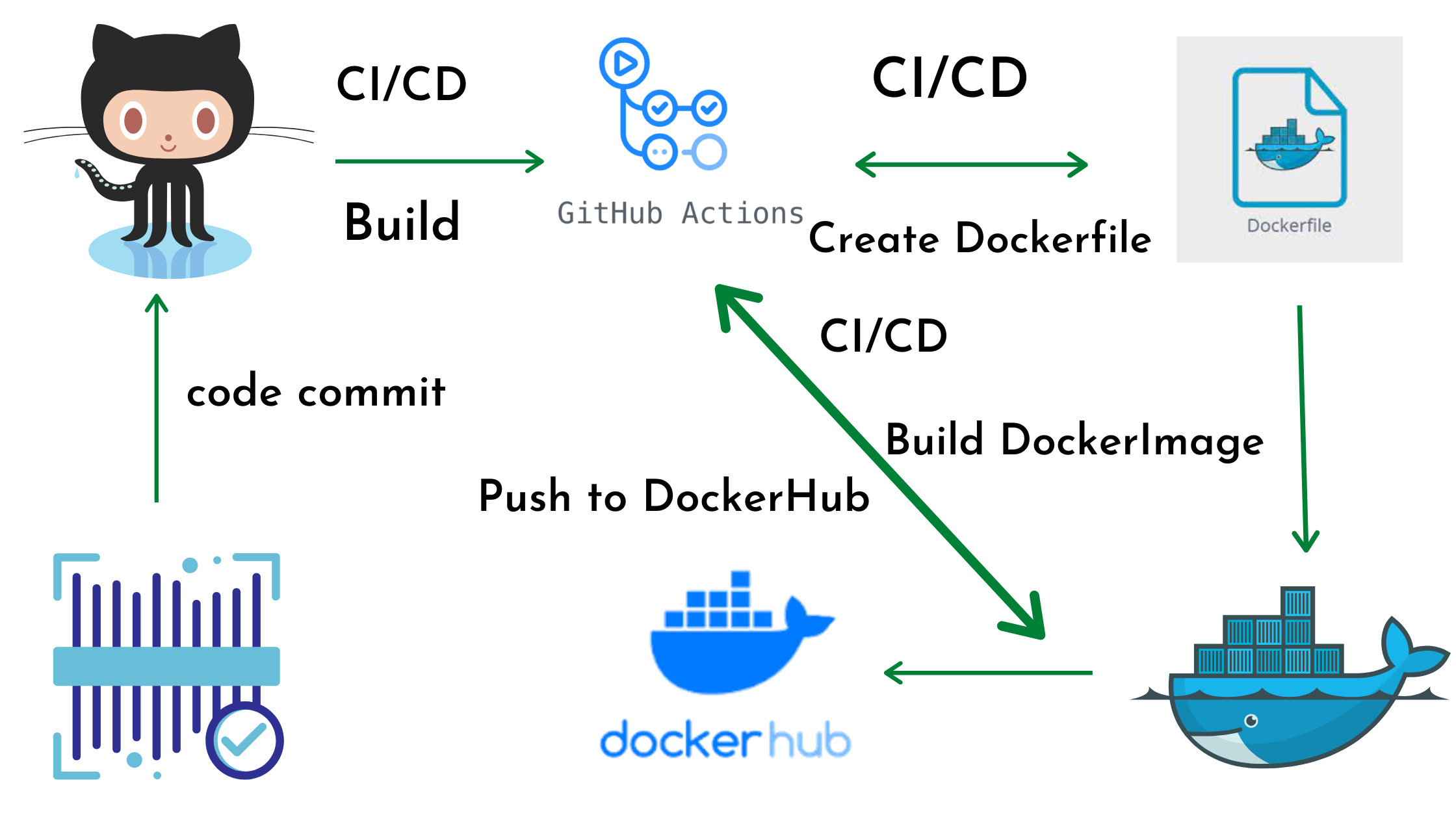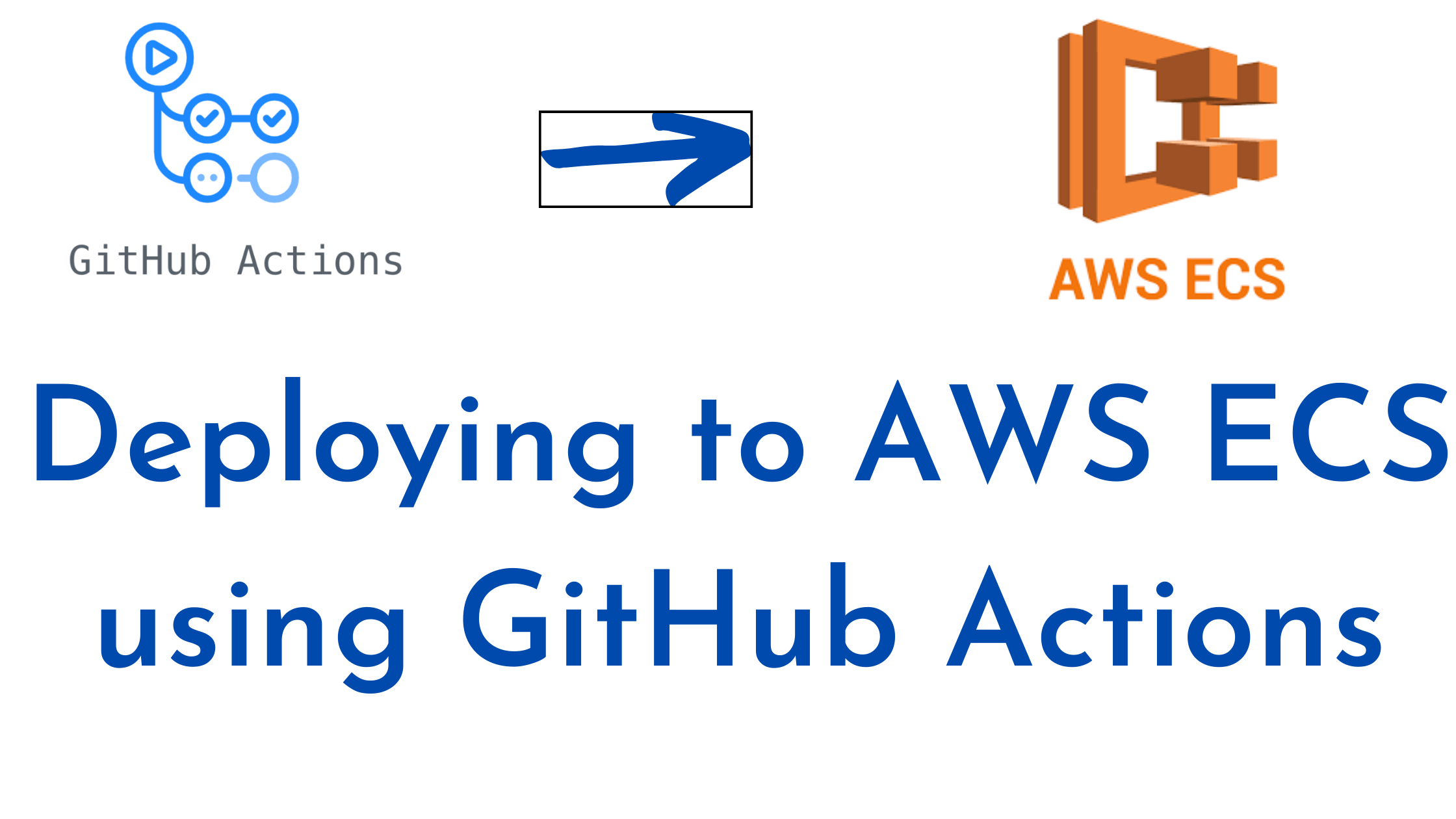In this article we are going to cover How to Build Java Project with Maven using GitHub Actions
Prerequisites:
- A Java project with a
pom.xmlfile configured for Maven. - A GitHub repository for your project.
Step #1:Create a .github/workflows directory
If it doesn’t exist, create a new directory named .github/workflows in the root of your GitHub repository. This directory will store your workflow YAML files.
Step #2:Create a workflow YAML file
Create a new file named maven.yml (or any desired name) inside the .github/workflows directory. This file will define the workflow steps.
Step #3:Add the workflow code
Paste the following code into the maven.yml file, replacing placeholders with your project’s details:
name: Build with Maven
on:
push:
branches: [ main ] # Change "main" to your main branch name if different
pull_request: # Optional: Trigger on pull requests
jobs:
build:
runs-on: ubuntu-latest # Or another desired runner OS
steps:
- uses: actions/checkout@v3 # Checkout your code from the repository
- name: Set up JDK 17 # Change version if needed
uses: actions/setup-java@v3
with:
java-version: '17'
cache: 'maven' # Optionally cache Maven packages
- name: Build with Maven
run: mvn package -DskipTests # Optionally add -DskipTests to skip tests
# Uncomment these steps if you want to run tests:
# - name: Run tests with Maven
# run: mvn testExplanation of above workflow
name: The name displayed for the workflow in the GitHub Actions UI.on: Specifies when the workflow should be triggered (e.g., on push to the main branch or pull requests).jobs: Defines the jobs within the workflow. In this case, we have a single job namedbuild.runs-on: The operating system runner for the job.steps: A list of steps to be executed in the job.uses: actions/checkout@v3: Checks out your code from the GitHub repository.uses: actions/setup-java@v3: Sets up the desired JDK version (change17if needed). Optionally enables caching of Maven packages (cache: 'maven').run: mvn package -DskipTests: Runs the Mavenpackagegoal to build the project. Optionally, add-DskipTeststo skip tests during the build.- Uncomment the steps for
mvn testto run tests after building.
- Uncomment the steps for
Step #4:Commit and push changes
- Commit the
maven.ymlfile and any other changes to your local repository. - Push the changes to your GitHub repository.
Step #5:Running the Workflow in GitHub Actions
Once you push the changes, GitHub Actions will automatically trigger the workflow and build your project using Maven. You can view the build status and logs in the GitHub Actions tab under your repository.
Conclusion:
In this article we have covered How to Build Java Project with Maven using GitHub Actions.
Related Articles:
Push Docker Image to DockerHub Using GitHub Actions
Reference:
Building and testing Java with Maven github action official page




